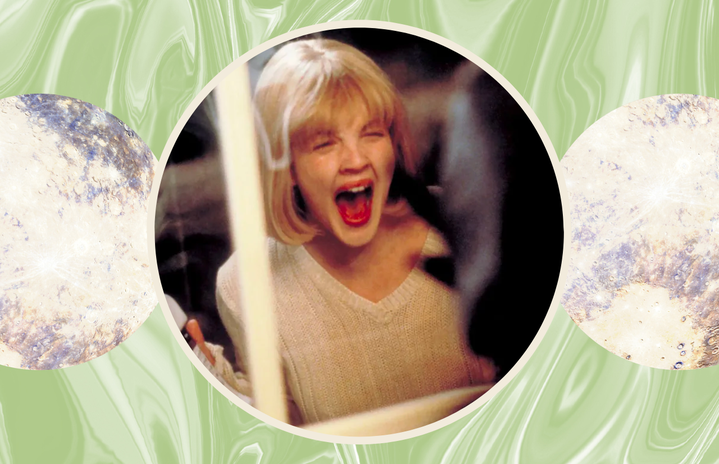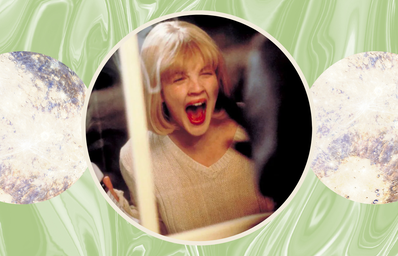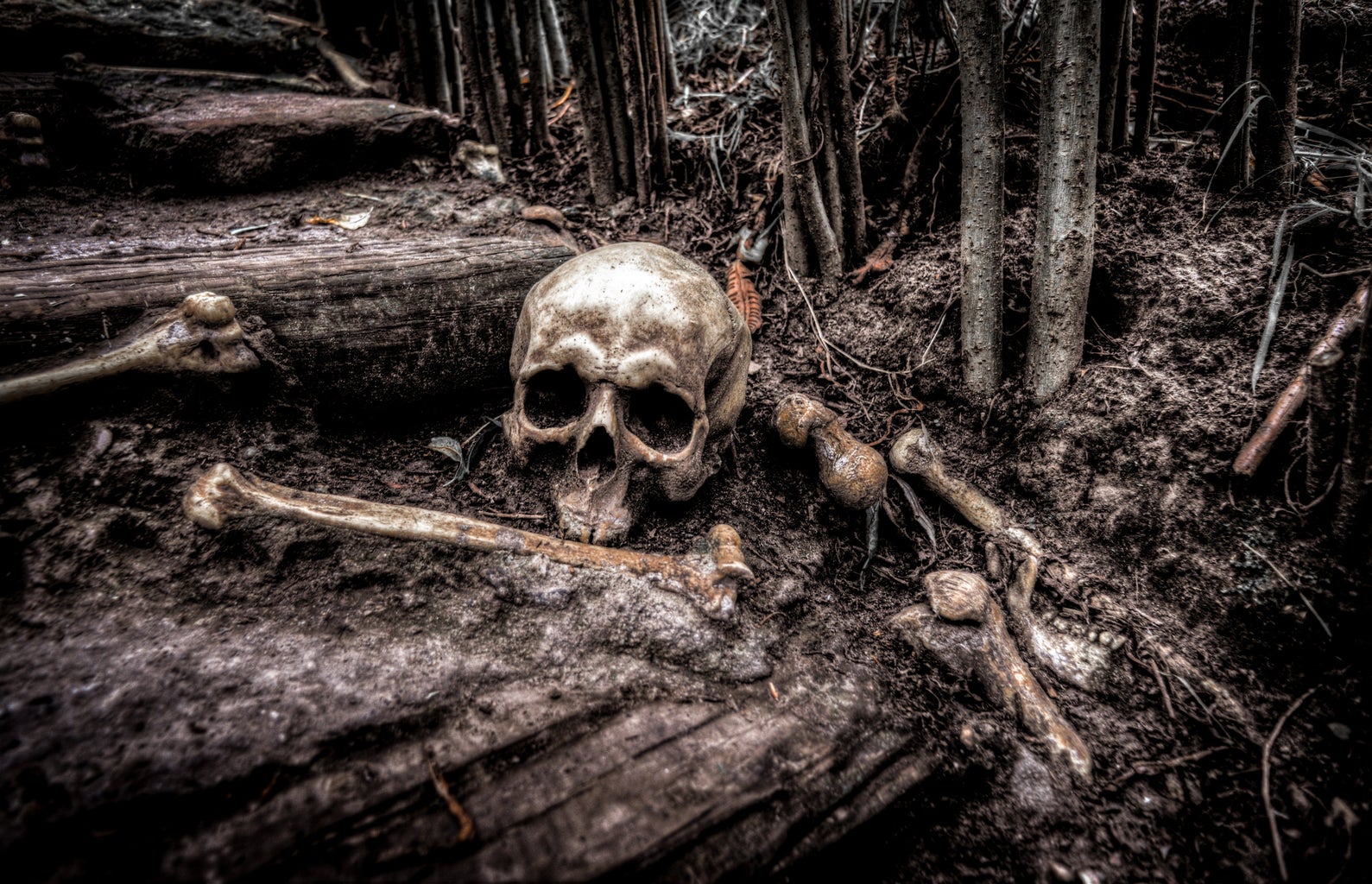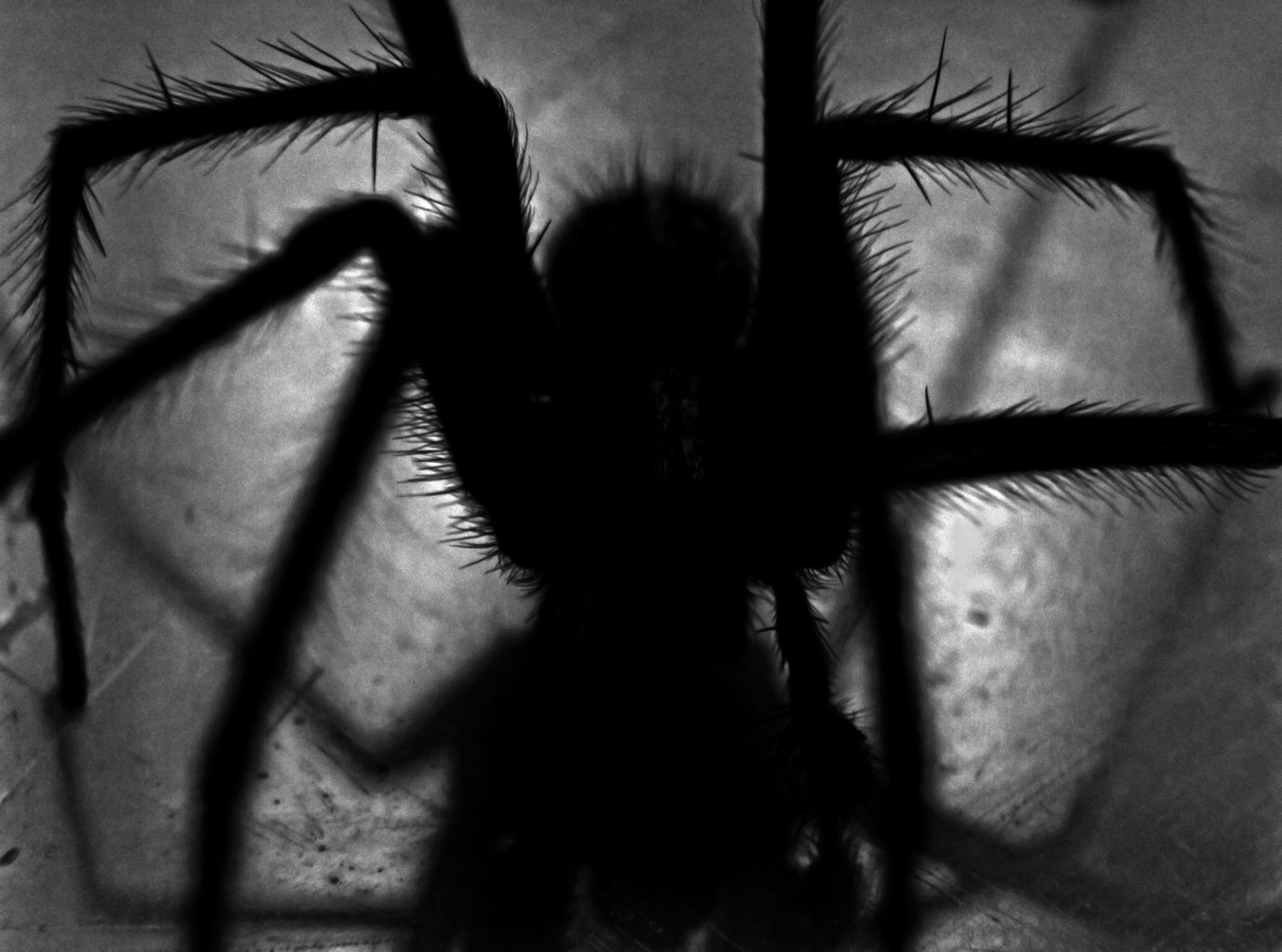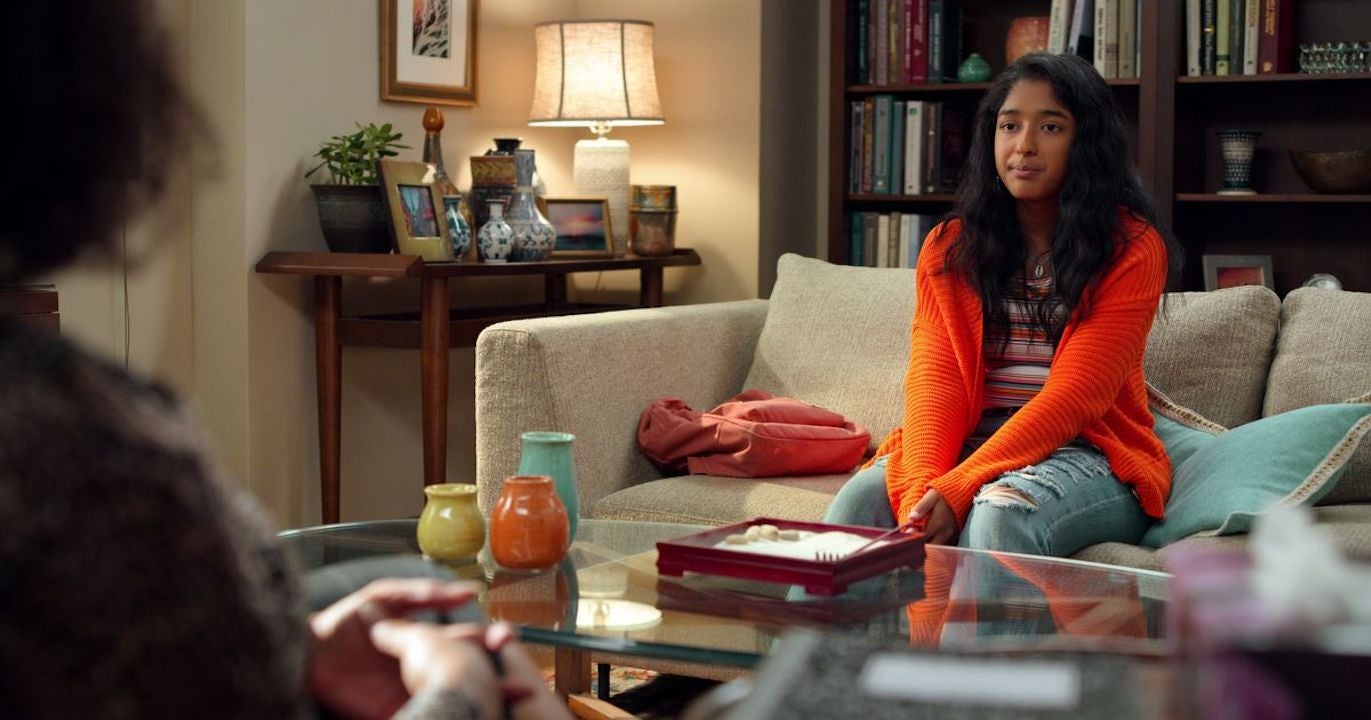Disclaimer: readers should be aware that this article will touch upon themes of death and mortality, as well as gendered violence.
As March, by the light of a full moon, transforms into April, which in turn morphs into May, one thing haunts the student consciousness: exams. Behind each lecturer’s speech hums a cacophony of chattering teeth, clamping down on fingernails and eroding them away. Reaching this shiver-inducing part of the year got me thinking about fear more generally, something that can be reasonable or irrational, existential or trivial, a lifelong burden or a bout of fleeting nervousness. Fear is a necessary part of our evolution, and certainly nothing to be afraid of, pun intended, yet it has the potential to hold us back or throw us off course. I decided to send out a survey dedicated to discovering which fears plague King’s College London as a student body. Participants were also asked to reveal what techniques for overcoming their worries had worked for them. So stick around to the end of the article to find them out, if you dare!
First and foremost, I’ll address the most frequently recurring theme of all the responses: failure. Whether fretting specifically about exam results or about life more broadly, KCL students seem to dread more than anything, the prospect of not achieving. This appears to be tied together intimately with meaninglessness, with one participant attaching a quote from the journals of Sylvia Plath where she states that “What horrifies me most is the idea of being useless: well-educated, brilliantly promising, and fading out into an indifferent middle age”. To me, this speaks to the hunger and ambition of our cohort. Evidently, we are desperately invested in legacy, change, and fulfilling our potential.
The second most commonly reported fear, not particularly shockingly, was suffering and mortality. Under this sweeping heading I am grouping respondents who spoke about illness or specific causes of death, such as falling from great heights, or drowning. A particularly interesting case that stood out to me among the responses was a surveyee who has an aversion to bones. Skeletal remains on television, or fish-bones in their food, they find anything with a hint of cartilage completely appalling. From my perspective, this seems to reflect a more deeply buried unease about death and decay. One participant justified their feelings, suggesting that concerns about death are interwoven with the fear of the unknown. I might expand upon this to propose that, whilst it is part of human nature to be apprehensive about things we don’t understand, it is also natural to worry about things we can’t control. Unlike some others I might mention later on (whoever said owls, I’m looking at you), death is not at all an irrational fear. We will all eventually have to die; it’s part of living.
Whilst unfulfillment and bodily harm are fairly understandable phobias, a mass of responses fell under a third heading that I would like to term: a bit silly. My feeling is that these are the fears that develop in childhood and that perhaps never really go away, despite the raised eyebrows and judging glares that they provoke. I am to this day, for instance, embarrassingly afraid of the dark. In fact, I still sleep with the light on. Moreover, my paralysing fear of sharks still prevents me from enjoying any form of swimming, and that includes public pools brimming with chlorine, and watched over by an aerial protector on every side. Occasionally, these fears have been known to merge, and there are moments when I find my 19-year-old brain still imagining that the dark hallways of a house at night are the passageways of a sunken ship, and that I will come face to face with a finned fiend at the next corner. Other KCL students have their fair share of irrational fears, including slugs, statues, and owls (yes, I got to you eventually). Many respondents seemed to identify creepy-crawlies as being, well, creepy, cataloguing alongside slugs, cockroaches, spiders, and ants. I wonder if this is an evolutionary fear, with some bugs being capable of causing physical pain or destroying crops, but truly I’d like to see us get over this. A nervousness around statues might be explained by the uncanny valley, or by being exposed to Doctor Who much too young, and owls could, at a stretch, be linked to night, loud noise, bewitchment and the like, but it’s clear that some fears are really just “silly”. Fear is really something primal, something unexplainable, something that links us to our ancestors and our pasts, so it is no surprise that it can bring up odd behaviours or thoughts.
A final anxiety that appeared amongst several surveyees concerned potential endangerment caused by men. Given that this is an article for Her Campus, I think it is important that I focus in on this as a standalone issue. As a society, we should be worried that female students fear for their safety in their place of study. We should not tolerate the fact that we have to track each other’s locations, and guard each other’s drinks on pain of death. An average girl’s night out in London typically has on the agenda an “evade-the-sexual-predator” activity, and we laugh about it, but it’s actually terrifying. It is scary that everyone has a story, and it is scary that this scariness is time and time again still dismissed as irrational.
Did you make it to the end? If so, here are some tips and tricks to find your courage, from KCL students to you. For those whose worries are academic in nature, some have found it useful to motivate themselves in small portions, to break down their goals into parts so that they feel less overwhelming and apocalyptic. Having constant, minimised targets prevents feelings of failure from snowballing into yeti-proportions. Respondents have found therapy to be a useful tool to build confidence, resilience, and discuss their existential dilemmas. As a bug-liker, (ew!!!!!) I found suggestions such as “investing in bug spray”, or “marrying someone who can kill spiders”, deeply offensive. Instead, I personally changed my mindset towards minibeasts by reading poems such as Ten Legs, Eight Broken written by an anonymous user on TikTok. Many people also find it useful to confront their fears head-on, surrounding themselves with things that they find scary until that thing turns out to be not so scary after all. Whether you choose exposure-treatment, breathing techniques, or “staying away from places that owls could be”, I hope that our student body can become more fearless this May, and stay strong for the exams ahead!
